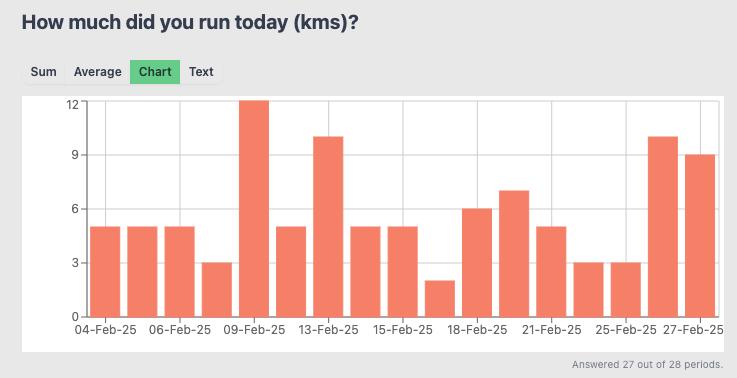The practice of watching sunset while drinking chai creates a natural transition point between the active hours of day and the quieter evening period. This simple ritual requires minimal preparation but offers significant psychological benefits for processing daily experiences and establishing closure. The warm beverage provides physical comfort while the visual spectacle of sunset marks a clear temporal boundary that signals the brain to shift from productive mode to reflective state. The combination engages multiple senses simultaneously, creating a mindful experience that naturally slows mental activity and reduces the cognitive load accumulated throughout the day.
Observing the sun's descent for five minutes establishes a meditation-like state without requiring formal meditation techniques or extended time commitments. The gradual change in light and color provides a focal point that anchors attention to the present moment, interrupting the mental loops of planning, worrying, and reviewing that typically dominate evening thoughts. The visual progression from bright daylight to deeper hues creates a natural countdown that helps the mind transition from scattered thinking to more concentrated awareness. This focused observation period acts as a mental buffer zone between day and night activities, preventing the jarring shift that often occurs when moving directly from work tasks to personal time without pause.
The ritual of preparing and consuming chai during sunset adds a tactile and gustatory dimension to the experience that enhances its effectiveness as a daily closure practice. The warmth of the cup in hands provides immediate physical grounding, while the familiar taste and aroma create positive associations that reinforce the habit over time. The act of sipping requires small pauses that naturally slow the pace of thinking and encourage deeper breathing patterns. These physical elements work together to activate the parasympathetic nervous system, initiating the body's natural relaxation response and preparing both mind and body for the evening ahead.
Expressing gratitude for the day during this sunset observation period transforms what could be passive watching into an active practice of acknowledgment and appreciation. The process of mentally reviewing positive moments, completed tasks, and small victories helps consolidate the day's experiences into meaningful memories rather than allowing them to fade into an undifferentiated blur of activity. This self-recognition practice counters the natural tendency to focus on incomplete tasks or perceived failures, instead highlighting progress and accomplishments that might otherwise go unnoticed. The practice of thanking oneself for efforts made, regardless of outcomes, builds a foundation of self-compassion that supports long-term resilience and motivation.
The consistency of this evening ritual creates a reliable anchor point that provides stability during periods of change or stress. Having a predictable routine that marks the end of each day helps establish healthy boundaries between work time and personal time, particularly important in environments where these boundaries can easily blur. The ritual becomes a form of self-care that requires no external resources or permissions, making it sustainable regardless of location, schedule, or circumstances. Over time, the anticipation of this quiet moment can provide motivation during difficult periods of the day, serving as a reminder that reflection and peace are always available at day's end. The practice teaches patience with natural rhythms and cycles, both in the external world and within personal experience, fostering acceptance of the continuous process of ending and beginning that characterizes human life.


